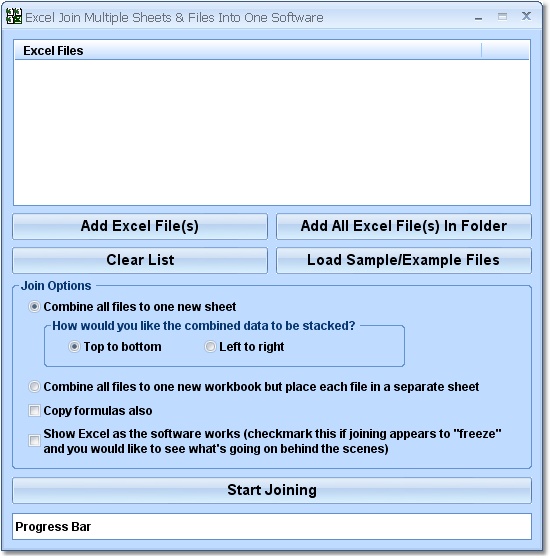Navigating the Fine Print: What Your Paperwork Reveals

Navigating through paperwork can often feel like traversing a labyrinth of legal jargon and complex terms that might make you feel like you're venturing into uncharted territory. Whether it's your mortgage application, a new job contract, insurance policy, or even the terms of service on a website, understanding what these documents reveal is vital to protect your rights and ensure you're making informed decisions. This comprehensive guide will walk you through what to look for in your paperwork and how to decode the dense verbiage to uncover hidden gems or potential pitfalls.
The Importance of Reading Fine Print

Before diving into specific documents, it's crucial to understand why the fine print matters. Often referred to as "the small stuff," this section usually contains:
- Limitations and Exclusions: These detail what is not covered in insurance policies or what an employer isn't obligated to provide.
- Fees and Penalties: Late payments, early terminations, or specific usage fees can be hidden here.
- Legal Rights: Your obligations, rights, and sometimes, your ability to pursue legal action.
- Arbitration Clauses: Which might limit your ability to sue in court in favor of private arbitration.
🌟 Note: Always read the fine print, especially in contracts involving significant financial commitments or legal implications. You might be surprised at what you find.
Understanding Financial Documents

Financial documents can be some of the most critical paperwork you'll encounter. Here's how to approach them:
Mortgage Agreements

A mortgage agreement isn't just about how much you're borrowing but includes:
- Interest Rates: Fixed or variable, and any conditions that could change them.
- Payment Schedule: When payments are due and what happens if you're late.
- Escrow: Funds held for property taxes and insurance.
- Default and Foreclosure: What constitutes a default and the process if foreclosure occurs.
Loan Agreements

Loans beyond mortgages include:
- Total Cost: Look for the total interest you'll pay, not just the monthly installment.
- Repayment Terms: Early repayment penalties, and the consequences of missing payments.
- Prepayment: Whether you're allowed to pay off the loan early without penalty.
Employment Contracts

When starting a new job or moving within your company, the contract you sign sets the tone for your employment relationship:
Job Description and Duties

The fine print might outline:
- Scope of Work: What you're expected to do beyond your core job description.
- Performance Goals: Metrics or targets you must meet to maintain or advance your position.
Non-compete and Confidentiality Clauses

These can significantly limit your future employment opportunities:
- Non-compete: Period you can't work with competitors, often tied to your role and company interests.
- Confidentiality: Information you can't disclose and the duration of this obligation.
Service Agreements

From utilities to streaming services, service agreements outline what you get and what they expect in return:
Cancellation and Refunds

Look for:
- Notice Period: How long in advance you must notify for cancellation.
- Refund Policies: Conditions under which you might get a refund or not.
Usage Restrictions

These might include:
- Data Caps: Limits on how much data you can use before facing charges.
- Service Limitations: Specific restrictions on service usage.
Legal Fine Print in Online Services

Online services come with their own set of fine print, particularly:
Privacy Policies

Understand:
- Data Collection: What information is collected and how it's used.
- Data Sharing: With whom your data might be shared.
- Opt-out Provisions: Options to prevent your data from being used or sold.
Terms of Use

These include:
- Content Ownership: Who owns content you post or upload.
- Liability Limitations: How much the service provider is legally responsible for.
- Dispute Resolution: How disputes are resolved, often requiring arbitration.
📢 Note: Online services can significantly impact your privacy. Reviewing the privacy policy is as crucial as understanding the services you're getting.
Insurance Policies

Insurance is all about coverage, but here's what you need to look for:
Coverage Limits and Exclusions

Watch out for:
- Exclusions: What isn't covered, often in fine print.
- Policy Limits: The maximum amount the insurer will pay for various claims.
Claims Process

Know:
- Filing Claims: The process and timeline for filing claims.
- Adjuster Responsibilities: What insurance adjusters can and cannot do.
In wrapping up our exploration of navigating the fine print in various documents, it's clear that attention to detail is not just beneficial, but necessary for safeguarding your interests. Understanding the implications of what you're signing up for can prevent unwanted surprises, protect your rights, and ensure you're fully aware of the commitments you're making. This guide should serve as your roadmap through the complex terrain of legal and financial documentation, allowing you to make informed decisions with confidence.
What should I do if I don’t understand something in a contract?
+
If a clause or term in a contract is unclear to you, seek clarification from the party providing the contract or consult with a legal professional. Understanding every part of the agreement is crucial.
Can I negotiate terms in a contract?
+
Yes, many terms in contracts, especially employment or service contracts, can be negotiated. If something doesn’t suit you, propose alternatives or ask for amendments. Employers or service providers might be willing to make changes for long-term customers or valuable employees.
How do I know if a contract is fair?
+
Fairness can be subjective, but look for:
- Clarity in terms.
- Reciprocal obligations.
- Lack of punitive clauses unless justified.
It’s always a good idea to have legal counsel review critical contracts for fairness.



